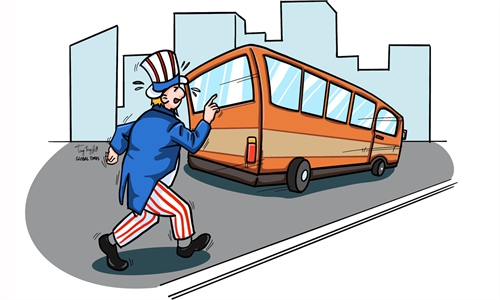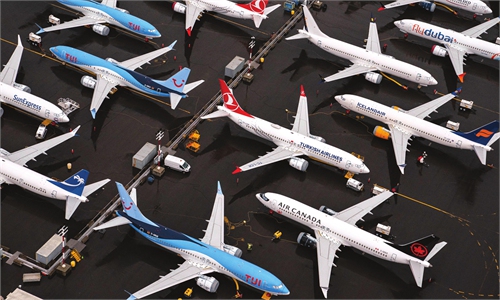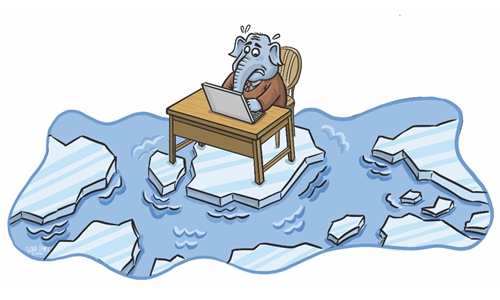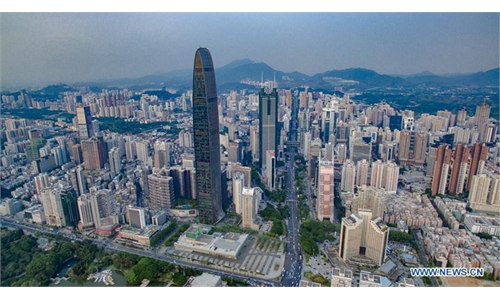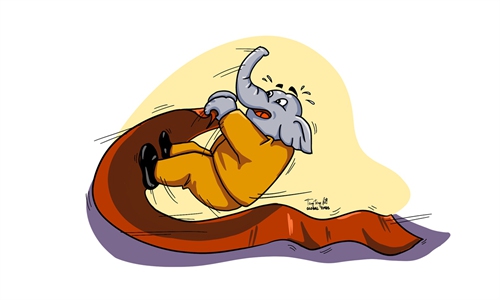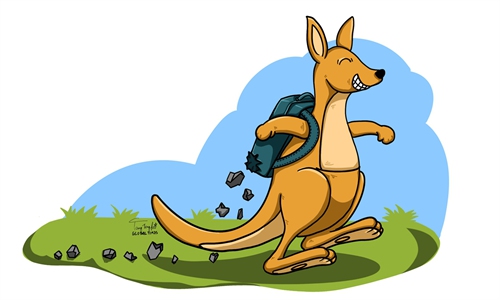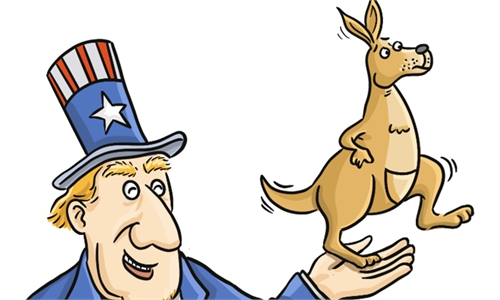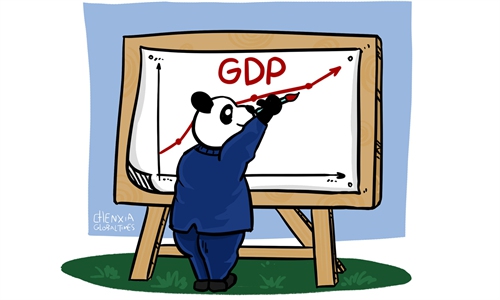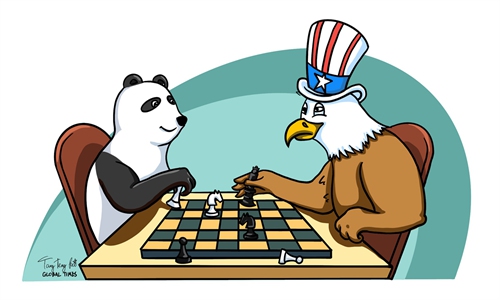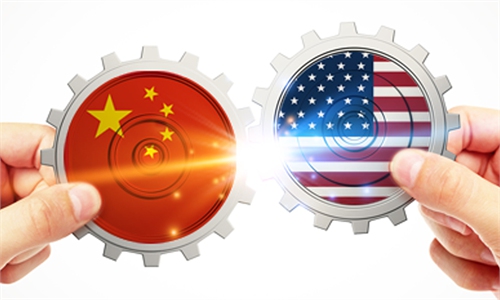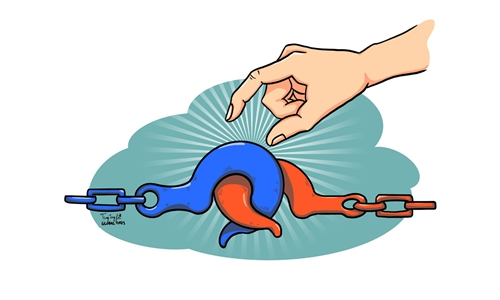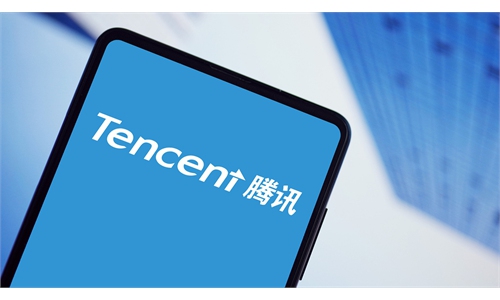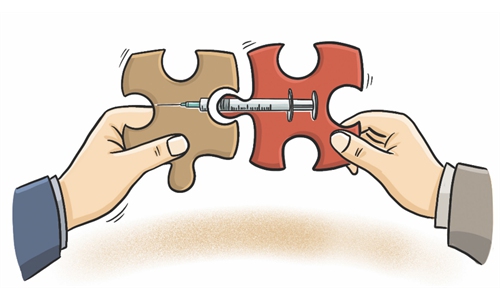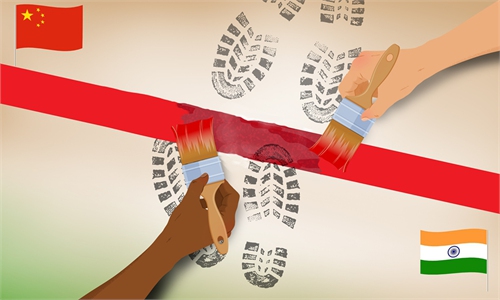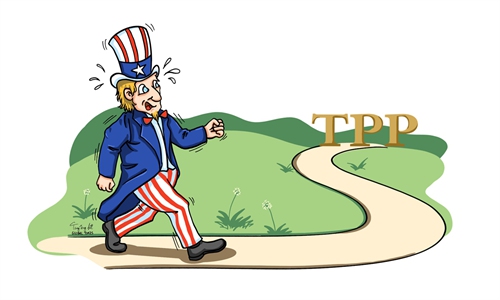EU, China nearing a BIT pact, driving US to reflect on unilateralism
As China, EU officials work overtime toward their set goal to concluding negotiations on China-EU Bilateral Investment Treaty before this year ends, recent events have shown a steady flow of encouraging news.
Return of Boeing 737 Max to China dependent on safety, not political considerations
As Boeing 737 Max has got the nod from the Federal Aviation Administration to fly again, when the airplane could return to China's airspace is under the spotlight, especially against the backdrop of rising China-US tensions. As the first regulator to halt the flying of the problematic plane, the Civil Aviation Administration of China (CAAC) made the decision based on its responsibility to ensure the safety of China's flying public.
India slinging dirt on China with cyber hack accusation is foolish
In a recent report, Indian cyber security think tank the CyberPeace Foundation claims that millions of Indian e-commerce customers have been targeted by "Chinese hackers" during Indian festive months of October and November.
Security review rules escort high-level opening-up; foreign capital enjoys rosy future in China
In accordance with China's long-standing opening-up policy, the country on Saturday unveiled new measures on the review of foreign investment affecting national security. While actively promoting and protecting foreign investment, the measures aim to effectively prevent and defuse national security risks to safeguard China's opening-up to a higher level.
New Delhi cannot afford to play geopolitical games
Besieged with a raging coronavirus pandemic and growing social contradiction, India's penchant for playing geopolitical games isn't doing the country any good. Recently New Delhi announced measures to tighten telecom gear controls, which has been widely believed as targeting major Chinese suppliers including Huawei and ZTE.
Climate change a must-cooperate field for US, China
While a difficult 2020 drawing to a close, China and the US is expected to enter a new phase of benign relations with rising possibility to resume cooperation. Facing common global challenges, coping with climate change and promoting green economy could be an area the world's two largest economies start to partner on, which will benefit both sides and the whole world.
Complacence over ore prices lays bare Aussie short-sightedness
As the prices of Australia's major export commodity, iron ore, have shot up of late, some local economists and politicians declare that the economic loss stemming from a severely strained relationship with China has been offset. The country has clearly lost sight of the growing risks that its iron ore industry is facing from Canberra's reckless political schemes and the ongoing global industrial upgrading.
Five Eyes alliance plotting against China will backfire on themselves
With Australian exporters suffering from mounting pressure amid increasingly fraying relations with China, the Five Eyes Alliance still refuses to de-escalate the tensions.
China ought to set a growth rate of at least 7.5% in 2021
Economic planning has always played a pivotal role in presetting and helping realize China's annual goals in GDP growth, infrastructure and public service investment, inflation control and the central bank's credit supply level. For 2021, the policymakers, while ascertaining the country to be able to attain a growth rate of at least 7.5 percent, need to pay higher attention to addressing challenges such as the technology bottleneck, social inequality and carbon emissions.
Offensive or not, Biden's trade policy would be more risk-predictable
The US President-elect Joe Biden is forming his new team to lead the world's largest economy as his presidency inauguration ceremony in January draws nearer. On the list, Katherine Tai is reportedly set to be nominated as the US Trade Representative. She is known for her expertise on China and advocating for "offensive elements" in dealing with China. Offensive or not, the Biden Administration's trade policy is likely to revert to a more controllable path with predictable risks.
Anti-China moves will bring more pain to Australian economy
Blind to all possible consequences, Canberra seems intent on maximizing friction with Beijing at the expense of Australian businesses and consumers. By passing a law to empower the Morrison government to veto foreign agreements signed by local governments, which is widely regarded as a move targeting the Australian state of Victoria's agreement with China under the Belt and Road Initiative (BRI) framework, Morrison, unsurprisingly, may deteriorate China-Australia relations even further.
Economic policy talks could herald next stage in China-US relations
The year of 2020 has been marked by the COVID-19 pandemic and global economic recession, but as it comes to a close there could be a new era for bilateral relations between the world's two largest economies, with US President-elect Joe Biden set to enter the White House in January 2021.
Economic decoupling of US, China is doomed to hurt both nations
For some time, the Trump administration has tried hard to promote the "decoupling" of Chinese and US economies, disrupting normal economic cooperation between the two nations. As the transition of power in the US continues, many people wonder that whether the incoming Joe Biden administration will maintain Trump's decoupling strategy?
Is the gap between US, Chinese internet service companies narrowing?
A major transition the coronavirus pandemic has brought to the world in 2020 is "to go online." While transforming people's lifestyle, the shift also affects the growth curves of economies and businesses, particularly internet companies.
China vaccine cooperation pivotal for ASEAN economies
As Indonesia received its first batch of a COVID-19 vaccine from China, the promotion of pandemic containment cooperation is set to pave way for a faster economic rebound for the country, and to enhance trust and build cozier regional partnerships.
UK index firm follows White House; financial 'cold war' will backfire
UK-based index provider FTSE Russell announced the removal of shares of eight Chinese firms which have been blacklisted by the White House. Market concerns have been raised that it may signal a financial cold war as some financial institutions follow the Trump-led US authority to irrationally politicize economic or financial operations.
Tough-on-China hype won't secure winter protection for Indian border troops
As the border standoff between China and India drags on into the harsh winter, there has been no shortage of media reports about the predicament faced by the Indian side, such as insufficient funds and technology support for border troops amid the coronavirus crisis.
Washington should embrace free trade, multilateralism
With US President-elect Joe Biden entering the White House in January, his intended approach in readjusting the US' foreign trade policy is put under the spotlight. A top adviser for Biden warned that the US should reflect on the recently concluded Regional Comprehensive Economic Partnership (RCEP) and China's interest in joining Comprehensive Progressive Trans-Pacific Partnership (CPTPP), signaling a possible choice for Washington to rejoin the regional trade pact which Trump ditched four years ago.
